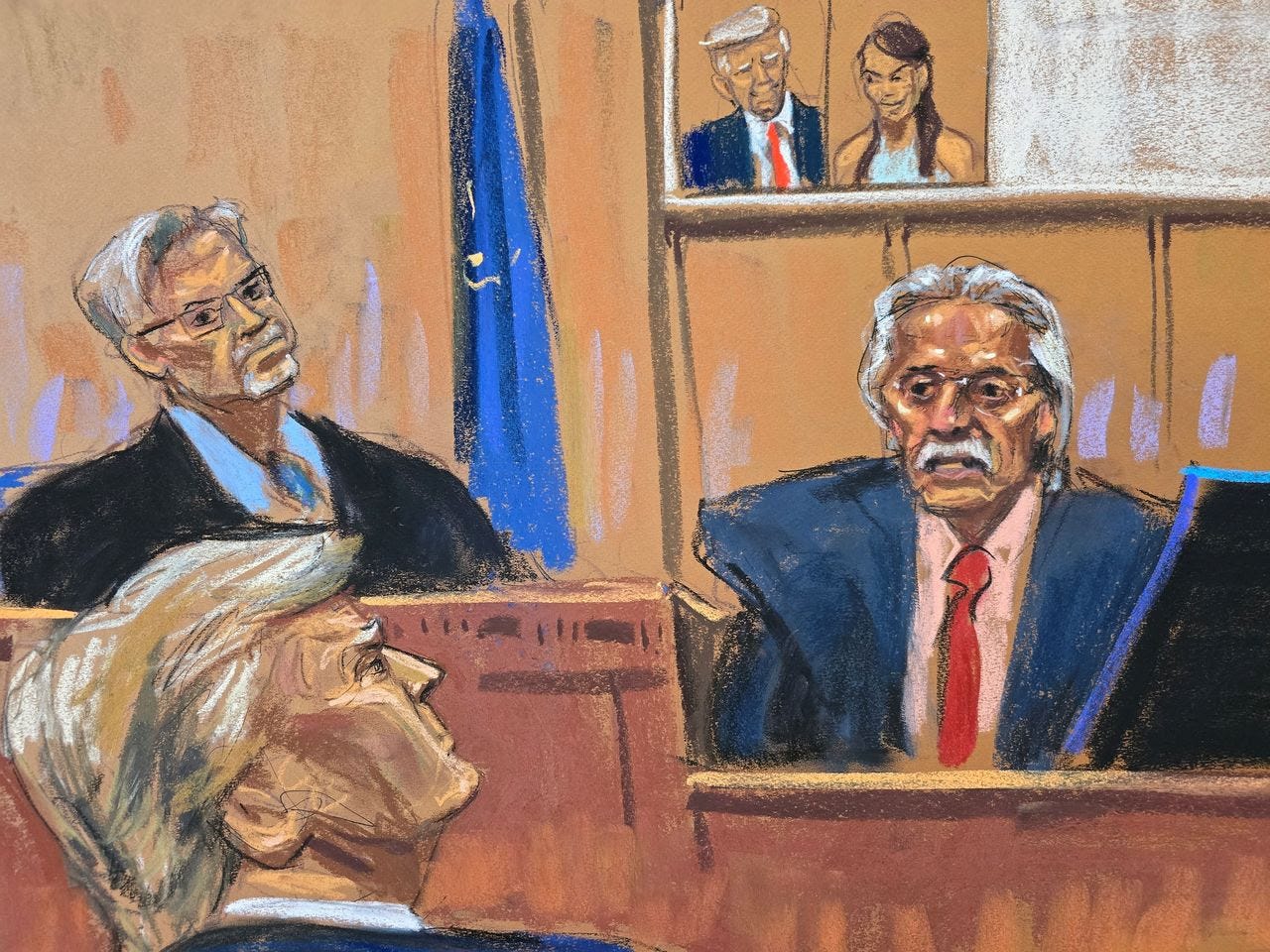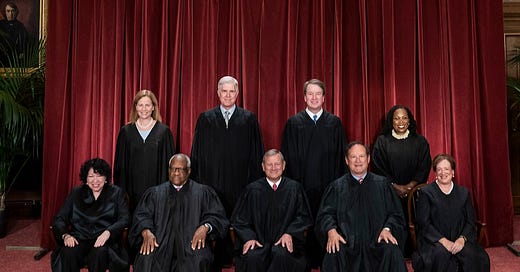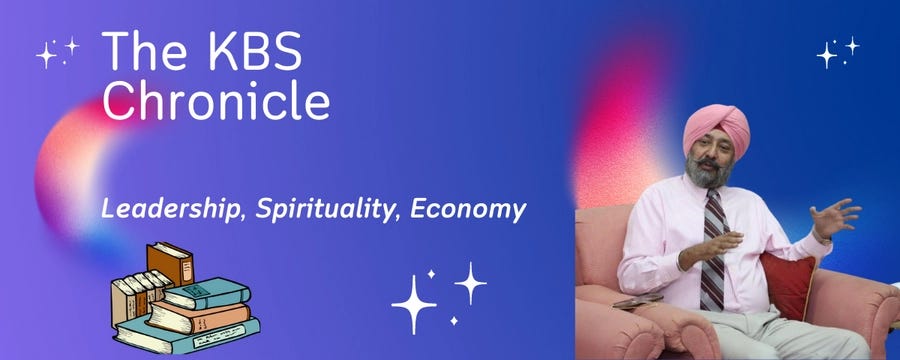Trump's Thrusty Thursday: Summary of Two Proceedings
Trump Faces Double-Barreled Legal Developments: Supreme Court and New York Hush Money Trial.
Trump Trials and Travails: Supreme Court and New York Hush Money Trial
Thursday, 25th April, 2024, as we noted before, was a significant day for former President Donald Trump, with key legal proceedings in both the U.S. Supreme Court and the New York hush money trial. The Supreme Court heard arguments on Trump's claims of immunity from prosecution in his D.C. election obstruction trial, while the seventh day of his New York trial delved deeper into his hush-hush relationship with the National Enquirer.
Trump at the Defence Table, Not the Supreme Court
Trump's legal battles took centre stage, with him being compelled to stay put at the defence table in the New York hush money trial while the Supreme Court Justices considered his immunity claims. His lawyers argued that he should not be prosecuted for alleged efforts to overturn the 2020 election. The judge in the hush money trial, however, insisted that Trump's presence was required, keeping him from attending the Supreme Court hearing, in person.
Supreme Court's Immunity Debate: A Focus on Future Presidents
The Supreme Court seemed poised to reject Trump's broadest claims of presidential immunity, although in a manner that might still delay his federal election trial. Assistant special counsel Michael Dreeben argued against blanket immunity, suggesting that the current legal system, though not perfect, works effectively. He cautioned against Trump’s proposal, which could give future presidents excessive protection from criminal prosecution.
Chief Justice John G. Roberts Jr. expressed concern over the U.S. Court of Appeals for the D.C. Circuit's sweeping decision that denied Trump's immunity claim. He suggested that the lower court's circular reasoning—that "a former president can be prosecuted because he’s being prosecuted"—needed reevaluation. If the Supreme Court sends the case back for reconsideration, it could delay Trump's trial well past the 2024 election.
New York Hush Money Trial: Violations and Immunity
In New York, the hush money trial continued with former National Enquirer publisher David Pecker testifying about deals to squash potentially embarrassing stories involving Trump. The day began with prosecutors requesting state Supreme Court Justice Juan Merchan to hold Trump in contempt for violating the gag order, alleging he had breached it at least four times in the last three days.
Pecker's testimony highlighted his involvement in suppressing stories that could have impacted the 2016 presidential campaign, indicating awareness that such hush money payments could violate election laws. He also received immunity from both federal and state prosecutors for cooperating and providing information on these matters. This immunity agreement allowed Pecker to testify without fear of prosecution for violating campaign finance laws.

Defense's Strategy: Longstanding Relationship with Pecker
Trump's defense team, led by Emil Bove, aimed to establish that Pecker's ties with Trump significantly predated the 2016 election, suggesting that their dealings were not necessarily linked to the campaign. Pecker admitted to working with Trump since 1998, alerting him about potentially damaging stories and providing content for his TV show, "The Apprentice." This strategy could undermine the prosecution's claim that the hush money payments were intended to influence the election.
Jury Foreperson and Tautology in Legal Arguments
A point of interest in the New York trial was the selection of the jury foreperson, which differed from federal courts' typical process. The foreperson was the first juror selected, not chosen by the entire jury panel, raising questions about its impact on deliberations.
The Supreme Court's hearing also saw multiple justices using the term "tautology" to criticize circular reasoning. Chief Justice Roberts and Justice Sonia Sotomayor highlighted tautological arguments from both sides, pointing out the flaws in reasoning and suggesting that such approaches are generally disliked by judges.
Broader Implications of Trump's Legal Battles
The developments in both the Supreme Court and the New York hush money trial carry broader implications for Trump's legal and political future. The Supreme Court's ruling on presidential immunity could set a significant precedent for future White House officeholders. At the same time, the New York trial continues to uncover details of Trump's alleged attempts to manipulate public perception during his 2016 presidential campaign. The outcomes of these cases could shape the landscape of American politics and governance, influencing the conduct and accountability of future presidents.





